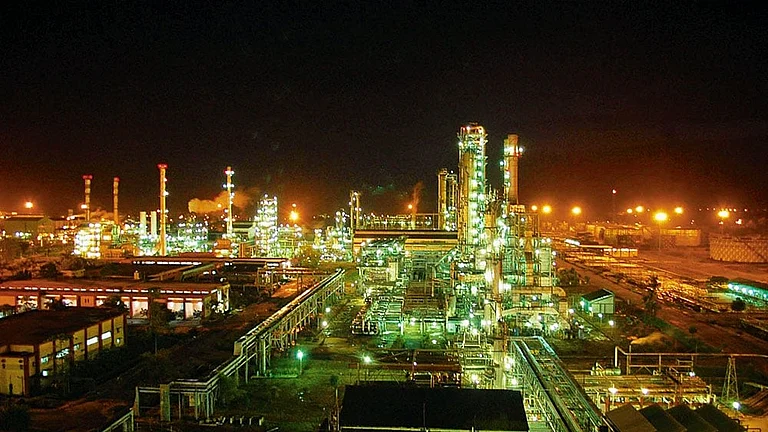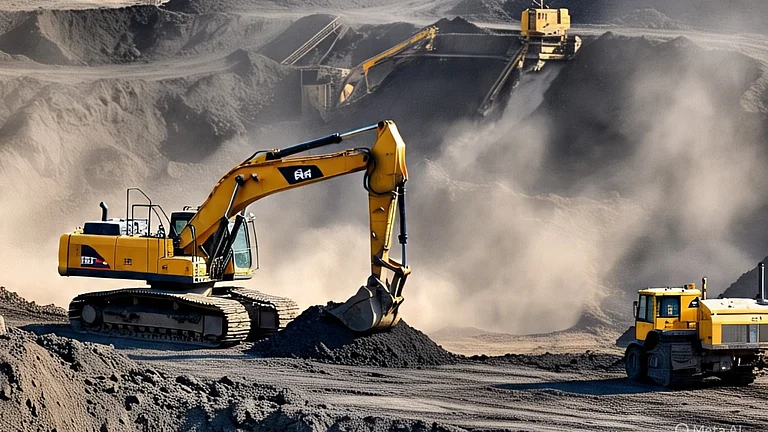The UK’s historic departure from coal signals the end of its 150-year reliance on the fossil fuel that powered the industrial revolution, as the Ratcliffe-on-Soar Plant shuts its doors. The closure serves as a crucial inflection point in the global push to reduce carbon emissions. Coal, responsible for 40 percent of global carbon emissions, has long been the backbone of Britain's industrial expansion, making it a difficult transition, marked by contentious debates over the social costs and differences over new coal mines, such as the proposed project in White Haven, Cumbria.
The White Haven mine project, approved under the previous conservative government, was halted by a recent high court ruling, citing legal flaws in the mine’s environmental impact claims. This ruling followed a verdict against the Surrey County Council that established the inclusion of Scope 3 emissions in impact assessments for new fossil fuel developments, setting the precedent for future oil and gas explorations in the North Sea.
The newly elected Labour government swiftly acted to overturn the previous administration’s approval of the White Haven mine, citing an error in law in the original decision. This and other legal skirmishes reflect the growing scrutiny on fossil fuel projects amidst the UK’s ongoing transition to renewable energy sources.
The country’s exit from coal has been largely driven by the rapid expansion of renewable energy capacity. According to the national grid, wind energy now accounts for nearly 1/3 of the UK's electricity generation, while biomass and solar contribute 5 percent each. This shift has played a key role in reducing coal demand, which peaked in the 1950s when coal pollution caused the Great Smog of London resulting in thousands of deaths.
The closure of Ratcliffe-on-Sore also brings economic and social considerations. At its peak, the plant employed 3000 workers, and concerns over the social impact of the closure remain a pressing issue for local politicians and ESG-conscious investors advocating for a just transition away from fossil fuels. The plant owner, Unipar, is now in talks with unions to retrain the remaining work force. Despite the UK’s success in phasing out coal, fossil fuel still accounts for more than a third of global energy generation. Investors are increasing scrutiny on financial institutions that continue to back coal projects worldwide, focussing on banks providing loans and insurance underwriting coal ventures.































